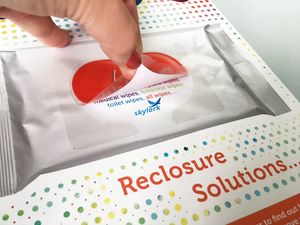Back in 2006/07, there were just 5,426 clinical negligence claims made against the NHS in England. However, this figure had risen to 12,629 claims by 2020/21, highlighting growth of 133% in 14 years.
This is an interesting statistic, particularly as many people would struggle to define medical or clinical negligence or identify instances should they happen to them.
But what exactly is medical negligence, and how can you prove your case in instances where a healthcare professional has failed their duty of care? Let’s find out!
What is Medical Negligence?
In general terms, the phrase ‘medical negligence’ describes instances of substandard care that has been provided by a qualified healthcare professional (such as a doctor, nurse or surgeon).
In most cases, such instances (in which healthcare providers are found to have failed in their duty of care to you as a patient) will have either caused a debilitating injury or exacerbated the symptoms of an existing condition.
There are many types of medical negligence claim, starting with common instances such as misdiagnosis (such as the failure to diagnose a condition) and errors made during surgery.
Administering incorrect medication or the wrong dosage also falls within the boundaries of medical negligence, as does inadequate aftercare following surgery, the failure to spot symptoms or the disregarding of a patient’s history.
How Can You Prove a Medical Negligence Claim?
Typically, instances of medical negligence incur significant damages in the form of injury and loss of earnings, which is why medical negligence claims often result in the payment of compensation.
To achieve this, however, you’ll need to meet specific criteria that proves you’ve been the victim of clinical negligence or medical incompetence. You must also bring your case within three years of a relevant event, or the date that your symptoms first became apparent.
But what proof do you need to successfully pursue a claim? Firstly, you’ll need to demonstrate that you’ve actively been harmed by the actions of a healthcare provider that you had a relationship with.
This includes demonstrating that the healthcare provider in question had a duty of care towards you, while utilising medical records to prove that their failure to uphold this directly resulted in injury or illness.
The latter point is key, as the breach of the provider’s duty of care must have either caused or directly contributed to your physical harm, along with any associated loss of earnings or subsequent medical costs.
Usually, you’ll need help from a specialist medical negligence solicitor to help collate the relevant information and prove your case, especially within the requisite timeframe.
Similarly, this type of legal expert will help to negotiate a compensation payout, in relation to the details of your claim and with a view to avoiding a time-consuming court case.






